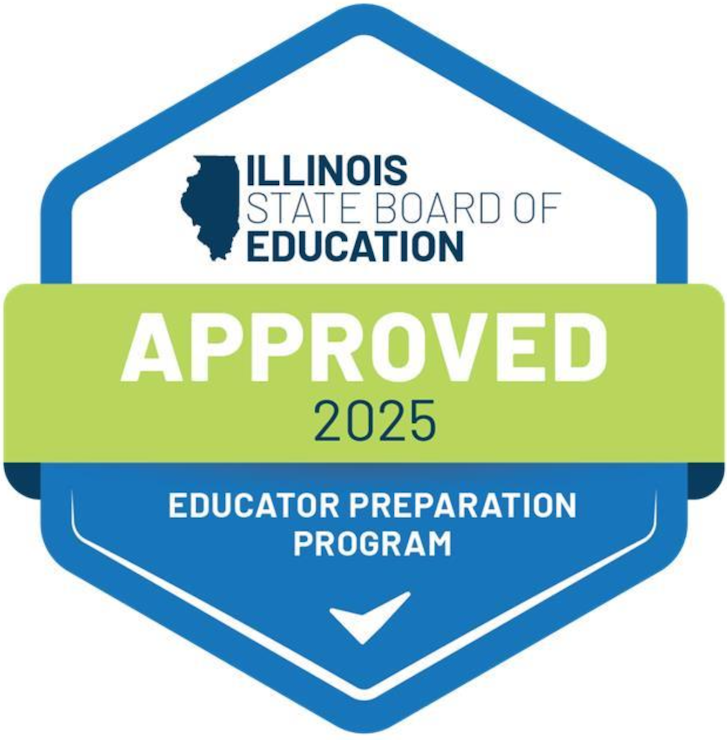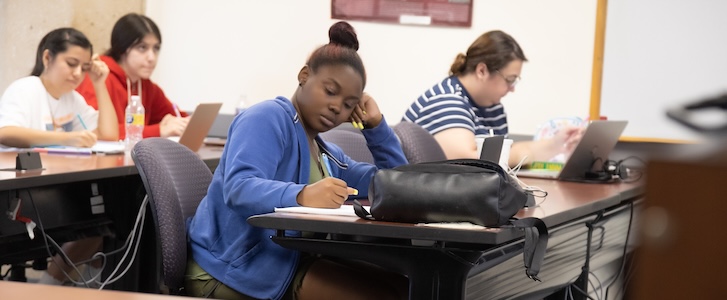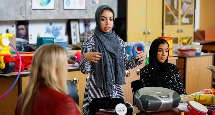Apply NowContact Us

Quick Facts
General Education Requirements:49-52 hours
Professional Coursework: 60 hours
Teacher Specialization Coursework (ESL):18 hours
Modality: Most courses are offered during the day, in-person
Full Program Requirements Earn Your Bachelor's Degree in Early Childhood Education
The time to earn your teaching license has never been greater. As a professional in the field of early childhood education, the moment for you to take your career to the next level is now. Governors State University's Early Childhood program is specifically designed for you to receive the academic, financial, professional, and personal resources you need to earn your degree and become a licensed teacher.

Degree/Certifications Earned
- • Bachelor of Arts (B.A.) in Early Childhood Education
- • Illinois Professional Educator License (PEL)
- • Early Childhood Endorsement - Birth to Grade 2
- • Early Childhood Special Education Approval (PreK Only)
- • ESL Endorsement (PreK-12th Grade)
- • Illinois Gateways Credentials:
- • Early Childhood, levels 1-5
- • Infant Toddler, levels 1-3
Career Paths
Many doors will open for you once you earn your B.A. in ECE. Here are just some of the potential careers you can pursue:
- • Kindergarten, First-Grade, or Second-Grade Teacher
- • Preschool or Infant/Toddler Teacher
- • Family/Parent Educator or Specialist
- • Child and Family Advocate
- • Assessment Specialist
- • Early Intervention Specialist
- • Curriculum Specialist
- • Education Coordinator
Program Requirements
- • Cumulative GPA of 2.5 to be admitted
- • Attain a GPA of 2.5 or better in all General Education coursework
- • Attain a GPA of 3.0 or better in all Professional Education and Teacher Specialization coursework
Scholarship Options
Visit the Financial Aid page for more information on education scholarships.
Contact Us

Program Catalog
You can find the complete guide to graduation requirements for your degree, as well as descriptions for each course, in our program catalog.